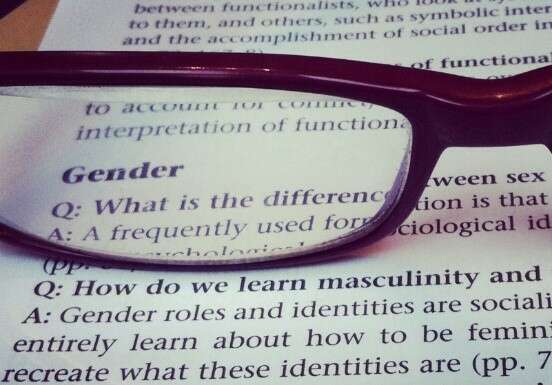
by Professor Sally Theobald, Pamela Bongkiyung & Laura Dean
Gender matters in the world of Neglected Tropical Diseases (NTDs). What is gender? The World Health Organisation (WHO) defines gender as ‘socially constructed roles, behaviours, activities and attributes that a given society considers appropriate for men and women, and people of other genders.’
Following the meeting ‘Women and Girls in Focus: Ensuring NTD Programmes Achieve Gender Equality and Empower Women and Girls’ in July 2016, a group of experts and researchers from programme, donor, policy, educational institutions came together to discuss how to further the gender mainstreaming agenda within NTDs.
Because of this meeting, a paper just published in the British Medical Journal of Global Health entitled ‘20yrs of Gender Mainstreaming in Health: Lessons and Reflections for the Neglected Tropical Diseases Community’, was conceptualised. In the paper, the authors extrapolate lessons on gender mainstreaming from the past two decades; showing how addressing gender inequities can strengthen NTD programmes.
The first lesson that can help researchers, policy makers, practitioners to address gender power relations most relevant to their work is tailoring the gender framework to help make the focus on gender explicit. The authors provide an example of how gender frameworks could support the delivery of MDA.
Given that gender does not operate in isolation, the second lesson is taking on the challenge of intersectionality. Privilege, power and inequity which could be due to age, nationality, ethnicity, religion, sexuality, disability and socio-economic are the multiple axes through which gender is experienced. Some of these factors play a role in enabling or preventing access to MDA. Due to stigma and lack of perceived need, affected people stay hidden within their communities. Access is further limited or non-existent for people with disabilities.
Community drug distributors (CDDs) who are the backbone of NTD programmes. Who gets chosen as a CDD is shaped by gender power and participation; and is our third lesson. CDDs are selected by their communities as trustworthy people. The selection process appears equitable on paper but can have the unintended consequence of reinforcing gender and social hierarchies within communities.
The fourth lesson is the need to unpack gender and power dynamics at household level as this impacts delivery of NTD programmes. CDDs are embedded within the communities and possess a strategic understanding of the social and cultural norms, they are in a good position to be agents of social change for health outcomes.
The final lesson from the paper focuses on bringing a critical gender lens to data always. The authors emphasise that care be taken in how data is disaggregated, avoiding the pitfall of making certain groups invisible especially those who face multiple challenges in accessing care and treatment.
During the International Federation of Anti-Leprosy Associations meeting on 18th October 2017, some of the authors of the paper (Prof Sally Theobald & Ms Laura Dean) from the COUNTDOWN programme at Liverpool School of Tropical Medicine; delivered a keynote on gender mainstreaming as could be applicable to the leprosy programmes. They used this engagement platform to share insights on the importance of gender to the health system, given that the latter is not gender neutral and plays a key role socially in how health needs, outcomes and experiences are achieved and met.
COUNTDOWN worked with the WHO in trialling a Gender, Equity & Rights (GER) tools in Northern Nigeria with our partners Sightsavers, based in Kaduna. A presentation on the findings of this process was delivered at the WHO headquarters in February, 2017 and was well-received. It is helping to guide and inform WHO’s policy in incorporating gender into various programmes.
To read more on COUNTDOWN’s engagement on issues related to gender, equity and rights, read the below:
HOW CAN WE MAKE UNIVERSAL HEALTH COVERAGE TRULY UNIVERSAL? EQUITY, GENDER, DISABILITY, AND NTDS by Prof Russell Stothard & Kate Hawkins.
Share your experiences working in this sector in the comment section and join us on social media for further interactions.
